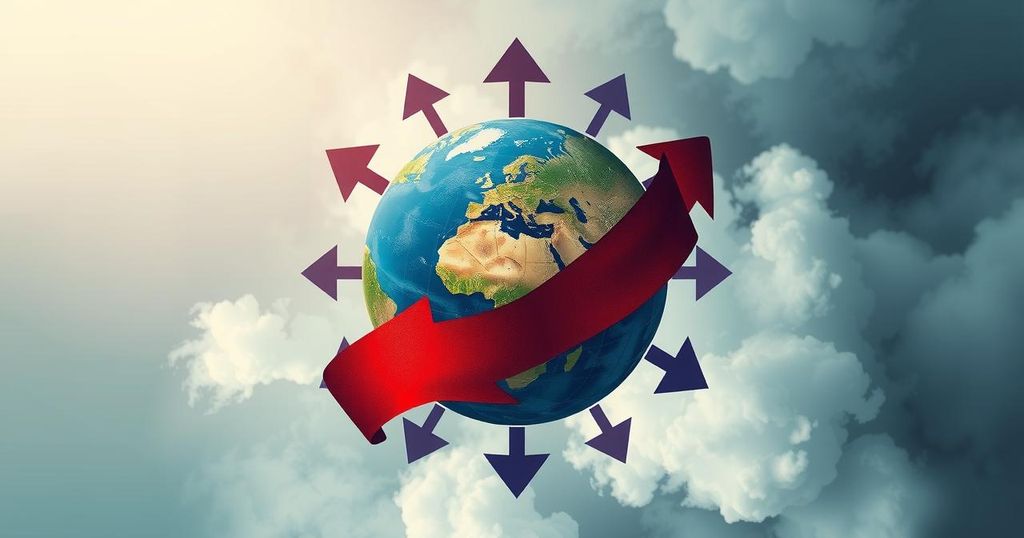Russia has criticized Britain, France, and Germany for threatening to trigger snapback sanctions against Iran, calling their rhetoric “irresponsible”. Under the JCPOA, such sanctions can be reimposed if Iran violates the agreement. Russia urges these countries to focus on diplomatic solutions instead. The EU expresses commitment to a diplomatic solution, while also urging Iran to engage with the IAEA.
Russia has condemned the recent threats issued by Britain, France, and Germany regarding the potential reimposition of sanctions against Iran. Labeling these threats as “irresponsible” and “unlawful,” Russian officials have called upon these European nations to redirect their focus towards finding solutions to the issues that they have contributed to creating.
The snapback provision, established under the 2015 Iran nuclear agreement (the Joint Comprehensive Plan of Action or JCPOA), permits any party to reapply United Nations sanctions on Iran if it is found in violation of the accord. However, following the United States’ withdrawal from the JCPOA in 2018, these European nations have struggled to protect Iran’s interests under the agreement.
Iran delayed major steps in reducing its nuclear commitments for a year after the U.S. exit, trusting that these European powers would mitigate the impact of American sanctions. When their efforts failed, Iran took corrective actions as permitted under the JCPOA, which included scaling back its nuclear obligations.
During a recent meeting of the International Atomic Energy Agency (IAEA), Mikhail Ulyanov, Russia’s Permanent Representative to International Organizations in Vienna, highlighted that the European trio violated their responsibilities under UN Security Council Resolution 2231, including the related annexes and the JCPOA. He criticized their intent to penalize Iran for their own failures to revive the nuclear agreement.
Ulyanov stated, “We have drawn attention to the threats of Great Britain, Germany and France to use the ‘snapback’. We consider such rhetoric not only irresponsible, but also unlawful.” He further urged these nations to abandon their concerns about the snapback mechanism and instead concentrate on a diplomatic resolution to the crisis they have precipitated.
In contrast, Carl Hallergard, the European Union’s Ambassador to International Organizations in Vienna, reiterated the EU’s commitment to a diplomatic approach in resolving the issues related to the JCPOA. Hallergard emphasized that Iran’s actions have escalated nuclear proliferation threats and called for immediate, constructive engagement between Iran and the IAEA.
He urged Iran to cooperate more effectively with the IAEA without delay, supporting efforts by IAEA Director-General Rafael Grossi to address pressing issues that require resolution.
In summary, the tensions surrounding the Iran nuclear deal have escalated with Russia’s condemnation of European threats to reinstate sanctions. Russia advocates for diplomatic dialogue, while the EU continues to hold Iran accountable for violations without acknowledging the broader issue of compliance among all parties. Both sides must find a constructive pathway to resolve these challenges for lasting peace.
Original Source: en.mehrnews.com




